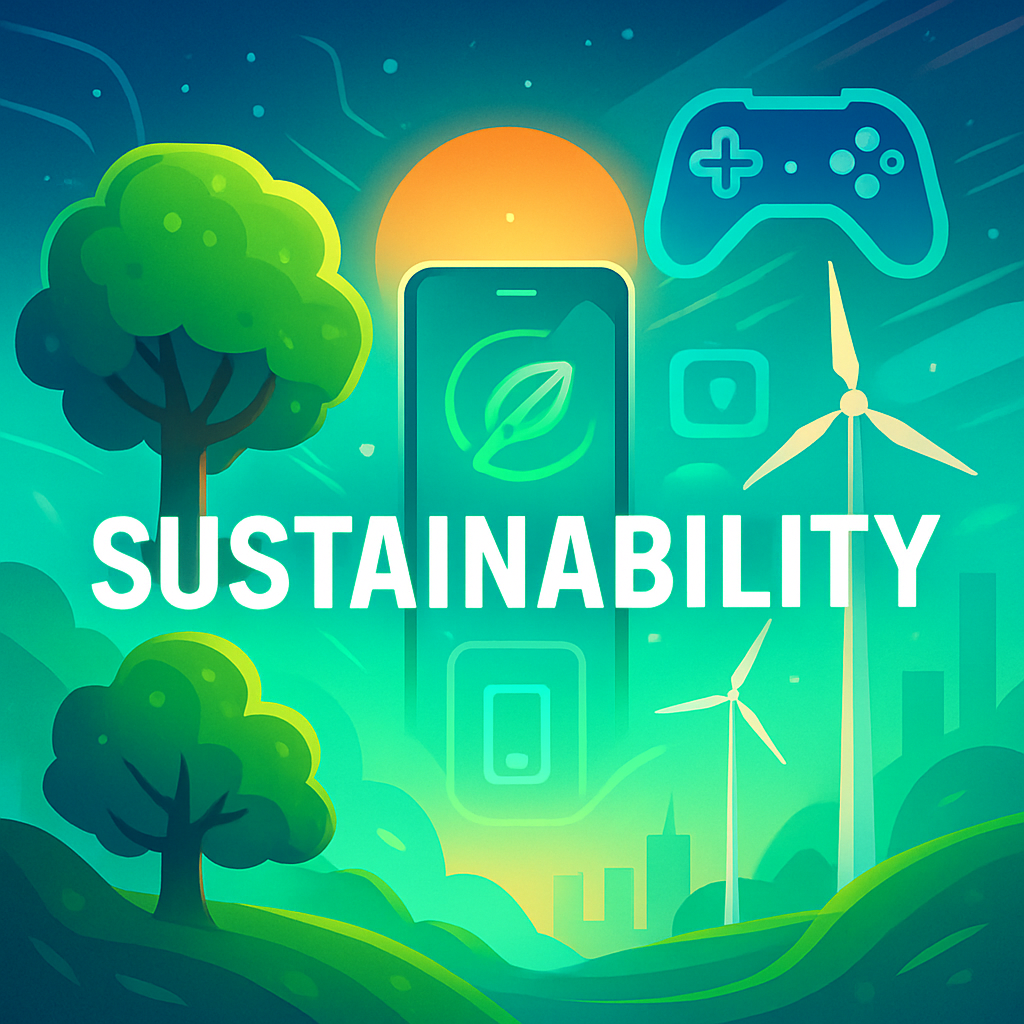Introduction
Sustainability is more than just a trend—it's a necessity. In a world facing climate change, pollution, resource depletion, and biodiversity loss, the need to adopt sustainable practices has never been more urgent. Sustainability means meeting our needs today without compromising the ability of future generations to meet theirs. It focuses on balancing economic growth, environmental protection, and social well-being.
The Three Pillars of Sustainability
1. Environmental Sustainability: This involves protecting natural resources, reducing waste, conserving water and energy, and preserving ecosystems. It promotes using renewable energy sources like solar and wind, recycling, and reducing carbon emissions.
2. Economic Sustainability: A sustainable economy supports long-term growth without negatively impacting social and environmental health. It includes practices like green jobs, ethical business models, and investing in clean technology.
3. Social Sustainability: This focuses on maintaining the well-being of all individuals and communities. It means ensuring access to education, healthcare, equal opportunities, and protecting human rights.
Why Sustainability Matters ?
Climate Change: Greenhouse gas emissions from industries, vehicles, and deforestation contribute to global warming. Sustainable actions can reduce our carbon footprint and mitigate climate change.
Resource Depletion: Overuse of water, fossil fuels, and minerals threatens their availability for future generations. Sustainability encourages responsible consumption.
Waste Management: The world generates millions of tons of waste every day. Reducing, reusing, and recycling can help manage waste sustainably.
Biodiversity: Destruction of habitats and pollution endanger plant and animal species. Sustainable development protects biodiversity and ecosystems.
Sustainable Practices We Can Adopt
Use energy-efficient appliances and switch off electronics when not in use.
Reduce plastic use and choose reusable bags, bottles, and containers.
Walk, cycle, or use public transport instead of personal vehicles.
Support local and eco-friendly products.
Plant trees and maintain green spaces.
Spread awareness and educate others on the importance of sustainability.
Conclusion
Sustainability is not the responsibility of one person or one country—it is a global commitment. Every action we take today affects the world of tomorrow. Whether it's turning off lights, reducing plastic use, or supporting green businesses, every step matters. By embracing sustainability, we not only protect the planet but also create a safer, healthier, and fairer world for future generations.

